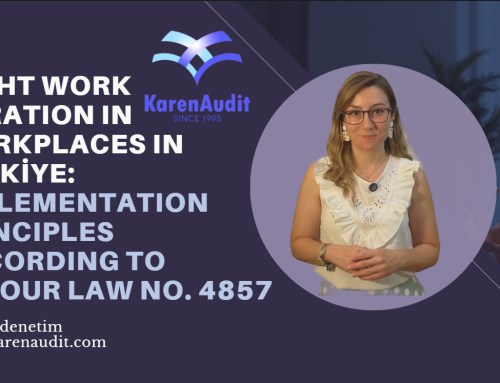October 27, 2022
According to the President’s Chancellery, the president signed an act that assumes maintaining the higher rates of goods and services tax (VAT) at the levels of 8% and 23% in 2023 due to the anticipated increase in defense spending and after January 1, 2024 in the event that defense spending exceeds 3% of GDP.
The change to the Income Tax Act (CIT) and other acts, which also amends the VAT Act, has a clause on sustaining increasing VAT rates.
The Value Added Tax Act was amended by: […] extending the duration of increased tax rates of 23%, 8%, 7%, and 4% for the year 2023 as well as for the period beginning on January 1, 2024, until the end of the year in which the total of expenses specified in the Law on the Defense of the Fatherland, specified for this year in the Budget Act, and the financial plan of the Armed Forces Support Fund, is higher than 3% of the gross domestic product.
Due to the anticipated rise in defense spending, the amendment allows for the continuance of the application of VAT rates that are 1 percentage point higher in 2023.
As a result of the modifications made to the VAT Act by this amendment, a mechanism will be put in place starting in 2024 that will allow the validity period to be expanded by one percentage point. rate of VAT. This method must be associated with the amount of money spent on paying for defense requirements; if it surpasses 3% of GDP, it must be maintained.
From 1 January 2024 until the end of the year in which the total of defense expenditure specifically outlined in the draft will be higher than 3% of GDP, VAT rates are to be increased by 1 percentage point based on the new mechanism.
Source: cijeurope.com
Legal Notice: The information in this article is intended for information purposes only. It is not intended for professional information purposes specific to a person or an institution. Every institution has different requirements because of its own circumstances even though they bear a resemblance to each other. Consequently, it is your interest to consult on an expert before taking a decision based on information stated in this article and putting into practice. Neither Karen Audit nor related person or institutions are not responsible for any damages or losses that might occur in consequence of the use of the information in this article by private or formal, real or legal person and institutions.






